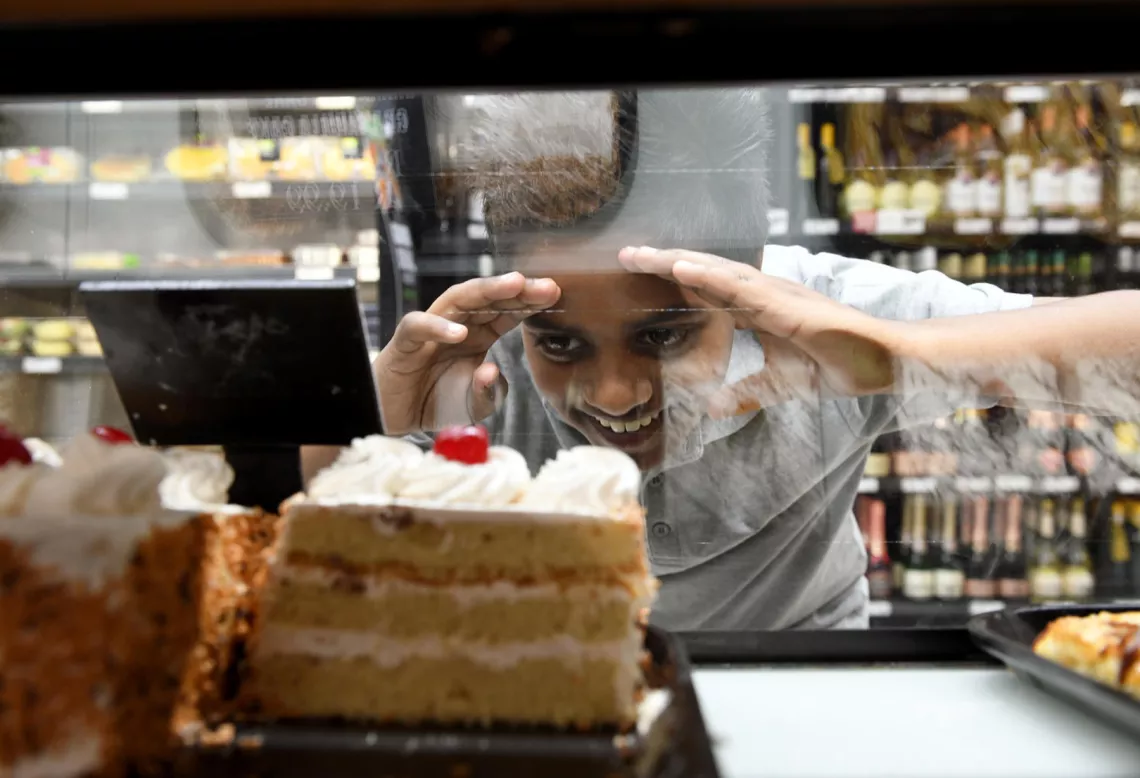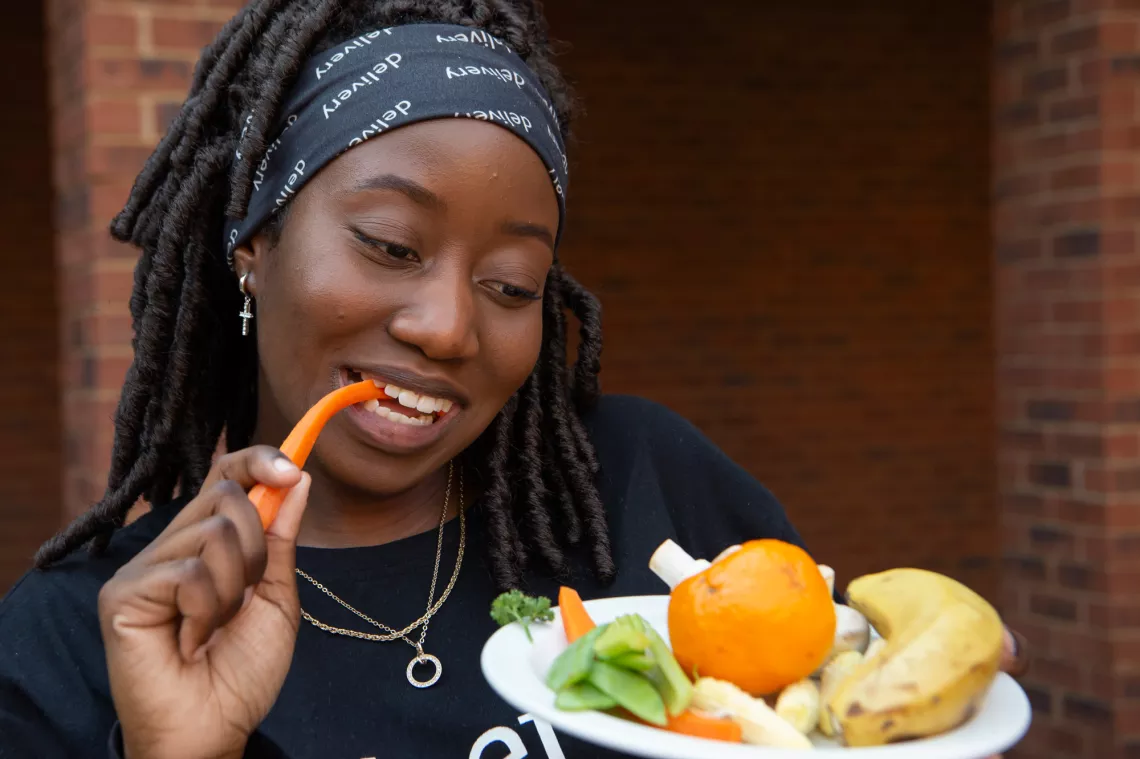“I think I will get diabetes one day,” Maria says, looking away. “My mother, my gogo and my aunts and uncles have it.”
“I know I will get it,” Lebo agrees. “In this country, it isn’t something you can escape.”
Maria and Lebo, both aged 19 years, are from Soshanguve, a community north of Pretoria. They are sitting outside, watching the queue form for a mobile clinic parked opposite their school. The clinic is offering a range of screening and treatment services, including for diabetes. Diabetes forms part of the range of diseases known as ‘non-communicable diseases’ or ‘NCDs’ and includes heart disease, hypertension, cancer, depression and others.
Over 4 million South Africans have diabetes yet almost half of those living with this disease don’t know they have it. It is the second-ranked underlying cause of death in the country but most worrying of all, is the fact that diabetes can be largely prevented.
There are two types of diabetes. Type 1 is less common and it is uncertain how to prevent it. Type 2 is mostly associated with lifestyle behaviours and is known to be preventable.
Being overweight and obese, eating an unhealthy diet particularly high in sugar and refined carbohydrates, and not engaging in regular physical activity all contributes towards increasing a person’s risk to develop diabetes.

In many cases, South Africans are limited in their food choices due to the lack of availability of affordable and nutritious food. But there are other drivers of poor dietary habits. Whereas in the past traditional, nutrient-dense and natural whole foods were the primary foods consumed, the South African diet has shifted over the past three decades . Fast and processed food, typically laden with unhealthy fats, sugars, salt and preservatives, have been aggressively marketed and their consumption has risen significantly. This has led people of all ages to lean towards making food choices that are not good for their immediate and long-term health.
Obesity rates in the country have also soared over this period. About 13% of children under five years are living with overweight, more than double the global average. Meanwhile, young people (aged 20-24 years) show alarming rates with 60% of women and 14,5% of men living with overweight or obesity. Meanwhile, only 29% of young people engage in sufficient moderate physical activity1.
Sister Tiana has been part of the mobile unit’s screening team for the past 5 years. “It’s scary to see how many people actually have diabetes. And so many people just disappear when they find out they have diabetes.” She shakes her head. “They might not be getting the care they need.”
Along with appropriate medication, adopting healthy behaviours can play a significant role in supporting people with diabetes to live a balanced life. And in some cases, type 2 diabetes can be reversed.
For those who don’t have diabetes, committing to making small changes to have a healthier lifestyle can make all the difference to stay healthy and prevent diseases like diabetes.
Sipho, the community mobiliser from the mobile unit comes to talk to Maria and Lebo and he shares with them a pamphlet on what they can do to prevent diabetes, as well as what it means to have diabetes.

“I always say to people that by making one or two good choices every day, they can improve their health. It’s the small choices that have the biggest impact. I don’t tell people they can’t eat this or that. That’s when people run away and I never see them again!” he laughs.
He jokes with the young women about what they can do differently in their daily lives but makes sure that they commit to making one healthy choice each day.
“I decided I will dance more,” Lebo says. “I didn’t realise that dancing could count as exercise! To me that is just so much fun and completely natural!”
“And I decided to not eat so much deep-fried food and sweets,” Maria adds. “I love the taste, but I know it isn’t good for my health and it will save me money.” She thinks about it further. “And it is good to know that I am not destined to get diabetes like my family members! I can do something to prevent diabetes.”
When the mobile unit leaves that afternoon, the team has another 13 cases of diabetes. Sipho waves out the window to Maria and Lebo walking down the road. Hopefully they will act for their own health and won’t become another statistic.
Having accurate information on healthy behaviours is an important first step in preventing diabetes. Through small, sustained lifestyle changes, healthier habits can be fostered. A more nutritious and secure food system can also assist people in making healthier choices. Through multi-pronged efforts diabetes and other non-communicable diseases can be prevented, building a healthier and more productive society today and in the future.
1. UNICEF. 2022. Summary Report: Baseline information on diet and physical activity amongst youths and adolescents for non-communicable disease prevention in South Africa





